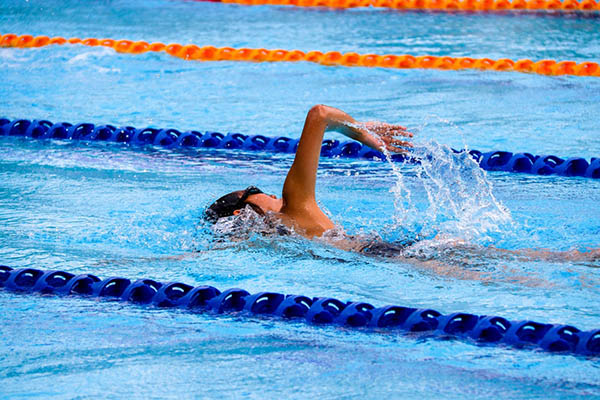
Warnings have been issues by the NSW health concerning the rising possibility of cryptosporidiosis in swimming pools this summer.
The number of confirmed cases of cryptosporidiosis in NSW has risen from 38 in October to 41 in November.
However, this number could be higher as people with the symptoms are usually not tested for cryptosporidiosis. Stool samples are needed for confirmation.
Usual symptoms include lots of instances of diarrhoea, stomach cramps, nausea, and sometimes vomiting or fever.
“Cryptosporidiosis is easily spread from person to person in swimming pools, splash pools, interactive fountains, spas or Jacuzzis,” Director of Health Protection at NSW Health, Dr Jeremy McAnulty said. “If an infected person gets into a pool and another swimmer swallows even a small amount of pool water, they can get infected and will start experiencing diarrhoea a few days later.”
It could also be spread through person-to-person contact with the infected people, handling infected animals, drinking contaminated water or drinking untreated milk.
“We usually see cases increase over summer and there have been plenty of outbreaks caused by contaminating swimming pools,” he added.
Cases are reported higher during the peak of November and March.
In addition, the highest number of cases recorded in the past five years was in March 2017 with 325 cases.
NSW health is highly encouraging parents and carers of young children to take steps in preventing the spread of the parasitic intestinal infection.

